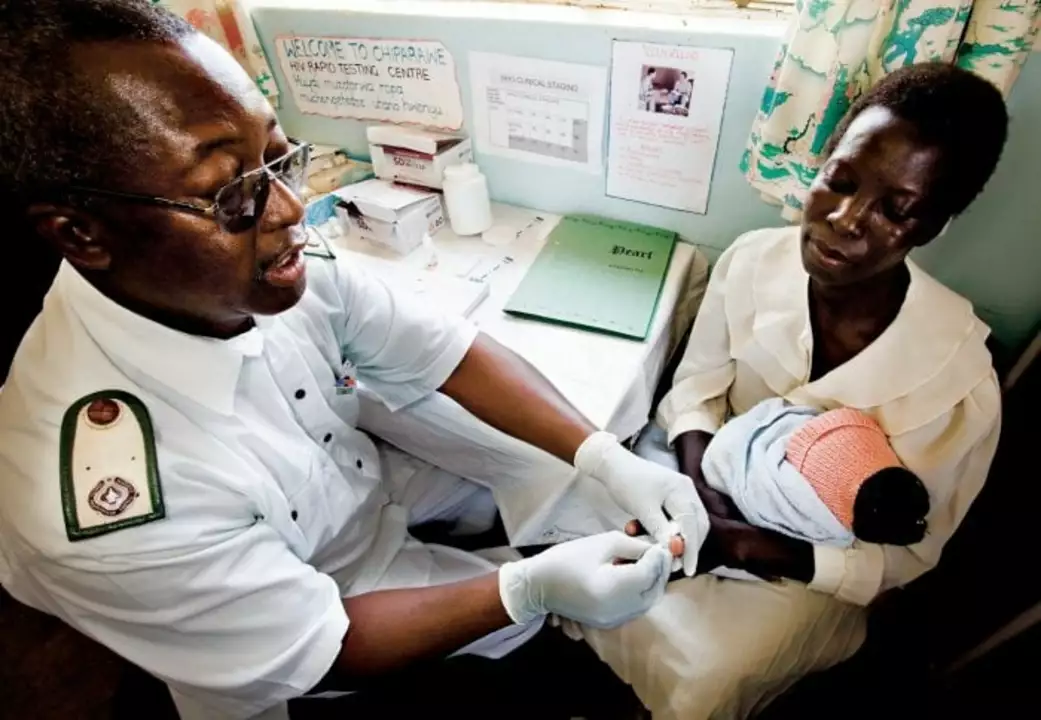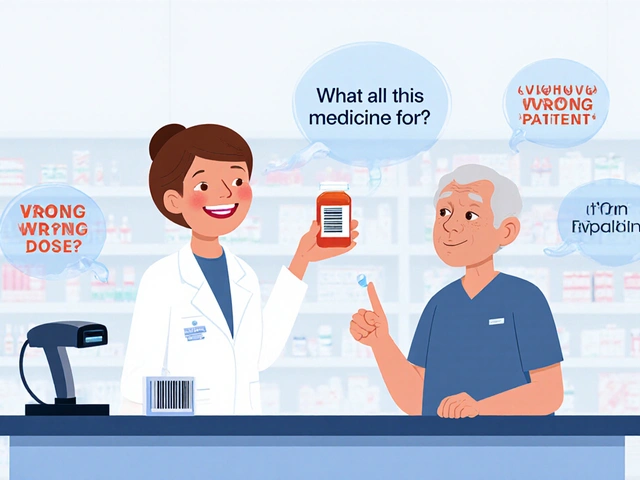Tuberculosis: What to Know About Treatment, Drugs, and Safety
Tuberculosis still affects millions worldwide, and the good news is that most cases are treatable when you get the right drugs and stick to the plan. If you're facing TB—either as a patient, carer, or just curious—this tag gathers clear, practical information on TB medicines, side effects to watch for, and how to find reliable sources.
Which drugs are used? A typical first-line TB regimen includes isoniazid, rifampicin (rifampin), pyrazinamide, and ethambutol. Each drug has a job: some kill actively growing bacteria, others stop resistance from developing. Treatment length usually runs months, not weeks, and stopping early raises the risk of relapse and drug-resistant TB.
Side effects and monitoring matter. Some TB drugs can upset the liver, so doctors often check liver enzymes before and during treatment. Ethambutol (branded as Myambutol in some places) can affect vision—if you notice blurry vision or color changes, tell your provider right away. Rifampicin can turn urine and other fluids orange and can change how other medicines work, since it speeds up certain liver enzymes.
Quick safety tips when using TB drugs
- Take medications exactly as prescribed—missed doses can lead to resistance.
- Tell your clinician about other meds, supplements, or herbal remedies—some interactions are serious, especially with rifampicin.
- Watch for symptoms: jaundice, persistent nausea, dark urine, or vision changes. Report them immediately.
- Keep scheduled blood tests and eye exams. They catch problems before they get worse.
- If treatment feels overwhelming, ask about support programs—directly observed therapy (DOT) or reminders can help.
What about drug-resistant TB? That’s a different challenge. Resistant TB requires specialist care and longer treatment with different drugs. If your infection isn’t improving or you’ve had prior TB treatment, your provider may order cultures and drug-susceptibility testing to guide therapy.
Where to find trusted info on GenericVilla.com
On this tag page you'll find focused articles that help with practical questions—how specific TB drugs work, what side effects to expect, and safety checks. For instance, read our piece "Myambutol: Everything You Need To Know About This Tuberculosis Drug" for clear guidance on ethambutol and vision monitoring. If you’re worried about antibiotic choices or resistance patterns, check our articles on antibiotic alternatives and resistance, which explain when culture-guided therapy matters.
Want help reading research or understanding your prescription? Use these posts as a starting point, then bring your notes to your healthcare team. TB care works best when you and your providers work together—ask questions, get tested when advised, and follow up on any side effects quickly.
If you don’t see what you need here, try the site search for "tuberculosis" or contact a clinician for personalized advice. This tag is meant to point you to practical, trustworthy info so you can make safer choices during TB treatment.
As a blogger, I've recently researched the connection between Tuberculosis (TB) and HIV/AIDS. I've discovered that these two diseases have a strong link, as HIV weakens the immune system, making it harder for the body to fight TB. In fact, TB is the leading cause of death among people living with HIV. It's crucial to get tested for both of these diseases, as early diagnosis and treatment can greatly improve outcomes. Remember that prevention and education are our best weapons against these devastating conditions.
View Details

